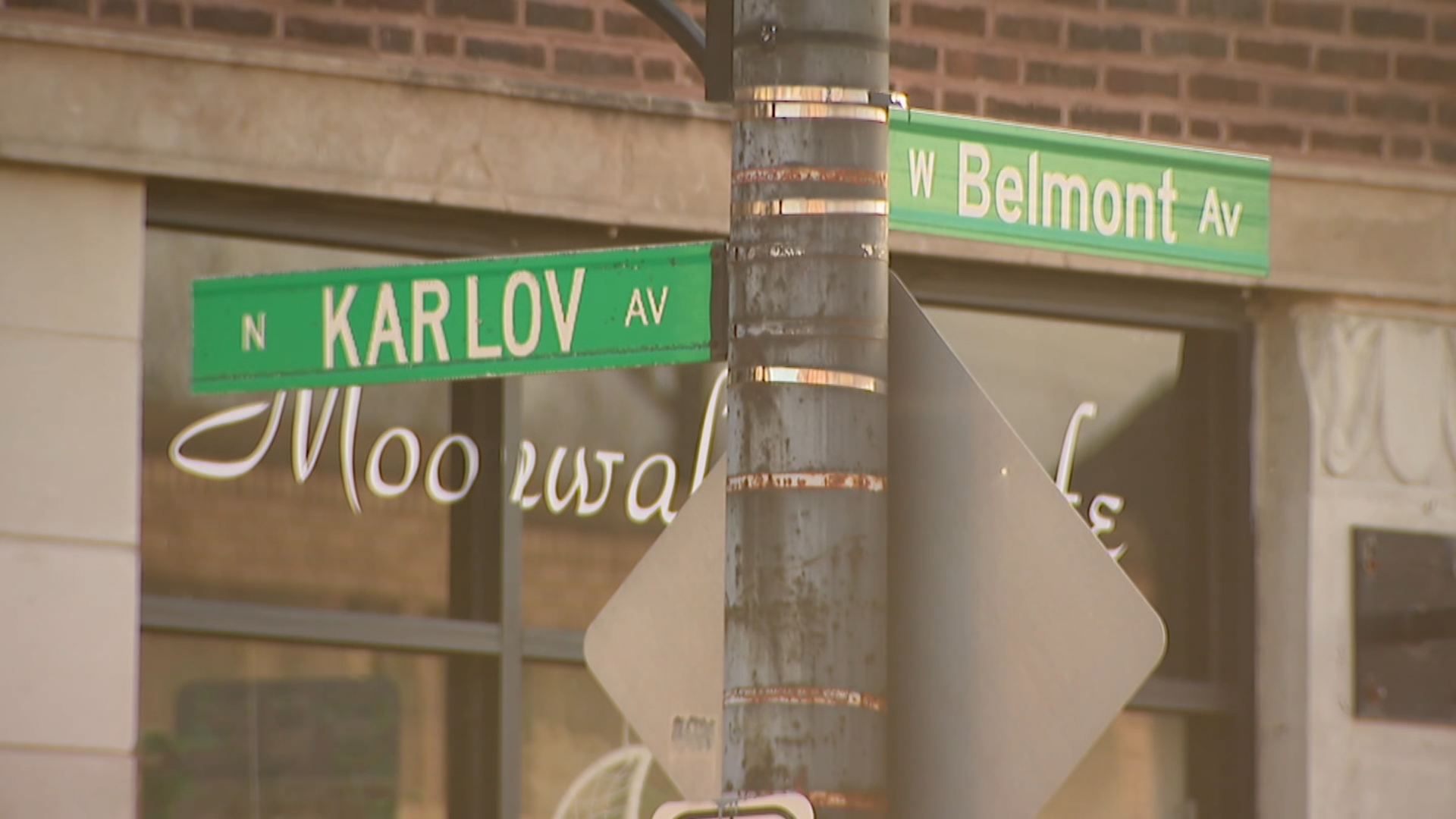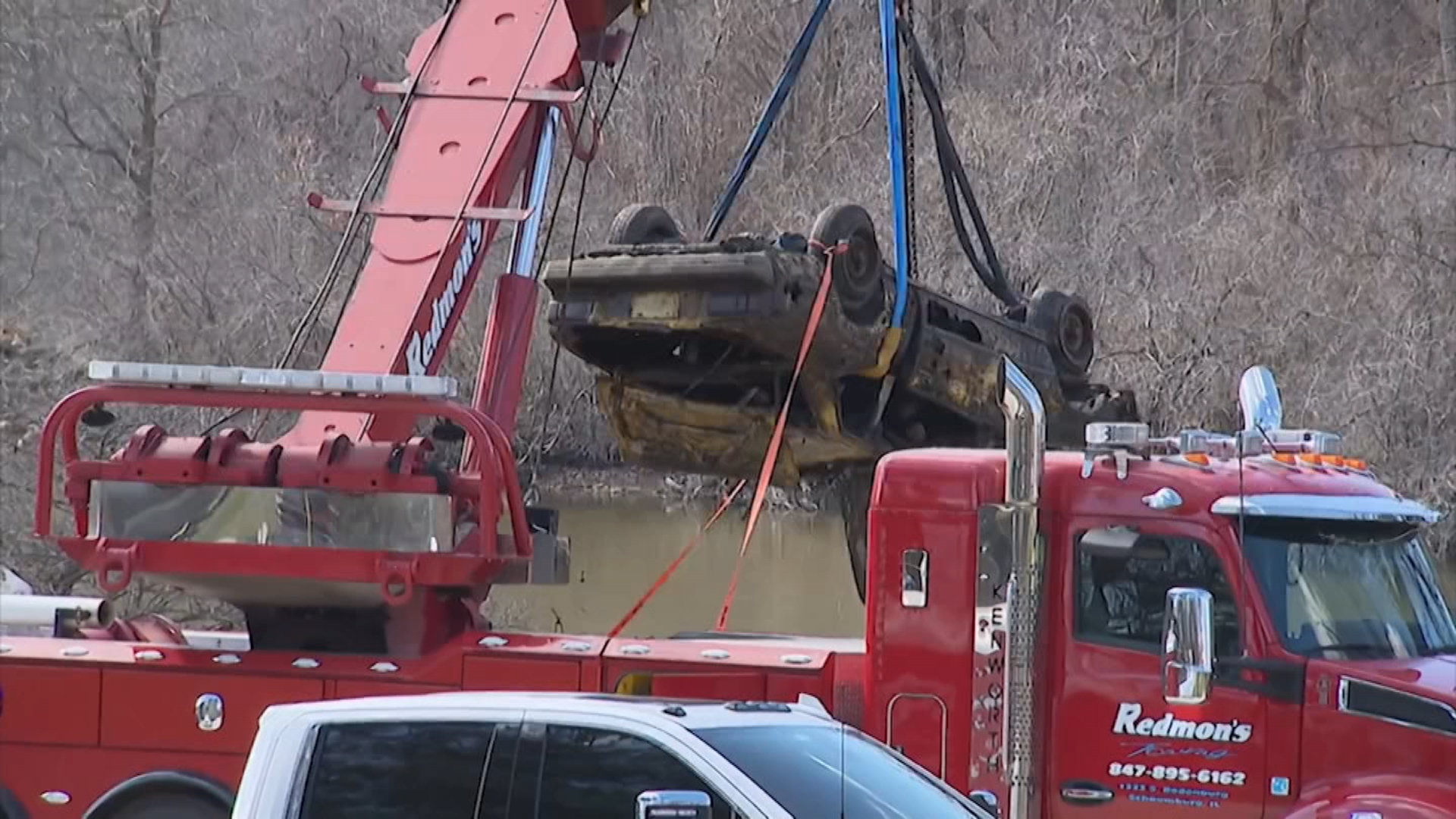They operate in the bleakest of conditions – often without electricity, proper medical supplies, and no anesthesia – as barrel bombs fall from the sky and missiles shake the ground. Many of the doctors in Syria have already fled the war-ravaged country, but a group of Chicago-area doctors are risking their own lives to cross battle lines and save lives….
They operate in the bleakest of conditions – often without electricity, proper medical supplies, and no anesthesia – as barrel bombs fall from the sky and missiles shake the ground. Many of the doctors in Syria have already fled the war-ravaged country, but a group of Chicago-area doctors are risking their own lives to cross battle lines and save lives.
"Every day was a bad day," said Dr. Samer Attar, an orthopedic surgeon with Northwestern Memorial Hospital. "I saw a lot of innocent people die, just good innocent people."
Attar has made multiple trips into Syria to fill a desperate need for surgeons.
"There would be some days after a bomb attack or missile strike that so many people would flood through the door that there would be no place else to put them except on the floor," said Attar. "With all the operating rooms full you would have to operate on people on the stretchers in hallway. We treated families crushed by airstrikes, children missing limbs, children with bullet wounds to the head, just innocent people trying to go about their lives, trying to do their best to survive."
Photos Shared by Syrian American Medical Society Doctors
Struggling to survive because they are being attacked simply because they live in Syria, a country entangled in a nearly four-year-old civil war and over-run by the Islamic State, a terrorist group known for public beheadings and mass executions.
"Most of the injuries are either from bullets, shrapnel, and crush injuries form the debris that would fall on people," said Attar. "The injuries were rather severe, barrel bombs and shrapnel, mortar blasts cause a lot of damage to limbs. Most of the operations we did were fractures, amputations, burns, a lot of amputations; more amputations than I ever care to do again."
While the medical community’s mission is to save lives, NBC 5 investigates has found that doctors, nurses and healthcare workers are being targeted in unprecedented numbers, unlike any prior conflict.
Local
"It is probably the worst country in the world for practicing medicine right now," said Dr. Zaher Sahloul, a Chicago-area Critical Care Specialist. "If you are a doctor or a nurse in Syria and trying to save lives then you are risking your life every minute."
It's a risk that Sahloul and other Chicago doctors say they're willing to take. Sahloul heads the Syrian American Medical Society – a multi-million-dollar humanitarian group which sends medicine and supplies to war ravaged countries, like Syria. Some of the medical supplies which are stored in a warehouse outside of Chicago will be smuggled across battle lines.
"You have hospitals that are in need of everything," said Sahloul. "We need gloves. We need gowns and we need surgical sets. We need external fixators for fractures. We need X-ray machines. We need CT scans because there is not an operating CT scan in the whole city of Aleppo … And we also need body bags."
The Syrian conflict has killed more than 191,000 people and created one of the largest refugee crises of the century, with three million fleeing the country and 6.5 million being displaced within Syria. Every medical mission could be the last for these doctors.
"You can be detained. You can be kidnapped and you can be killed," explained Sahloul. "We are talking about physicians being killed because they are trying to save lives. This is a huge war crime."
A war crime – these doctors say – which is largely ignored by the international community. According to the organization Physicians for Human Rights, 560 medical workers have been killed in Syria in the last three years and 155 medical facilities attacked.
"I went to three hospitals and one of them was at the front line, leaving a lot of victims from the war as casualties and the regime made sure to bomb this hospital," said Adeed Alshahrour, a Chicago-area OBGYN. "(That) hospital was bombed four times."
As a result many hospitals have gone underground – both literally and figuratively.
"These hospitals are run by generators," said Alshahrour. "Electricity was cut to the city one year ago. They hardly could get clean water. I had to engage in surgical operations that in the middle of the operation I do not have electricity and I had to continue my surgery with a flashlight."
Most Syrian doctors have already fled the country. And many of the people left behind working in these underground hospitals have no prior medical training. They are farmers, teenagers, normal people -trying to save lives.
The Syrian people who refuse to leave and the doctors who remain, dodge bombs and missiles on a daily basis.
"I’ll never forget this day," said one doctor based in the city of Aleppo, who we are not identifying for his own safety. "There were two barrel bombs dropped close to our hospital. We have 80 patients dead so you can imagine how many casualties. That day we received more than 200 casualties."
The children haunt him most.
Each doctor has his own reason for risking his life and each has a story about an injured child that he will not soon forget.
"He said my name is Abdullah," critical care specialist Sahloul. "They were trying to insert a chest tube without painkillers. He started to scream. He was telling the doctor to please stop. And then he said I want my mother. And then I started crying."




















